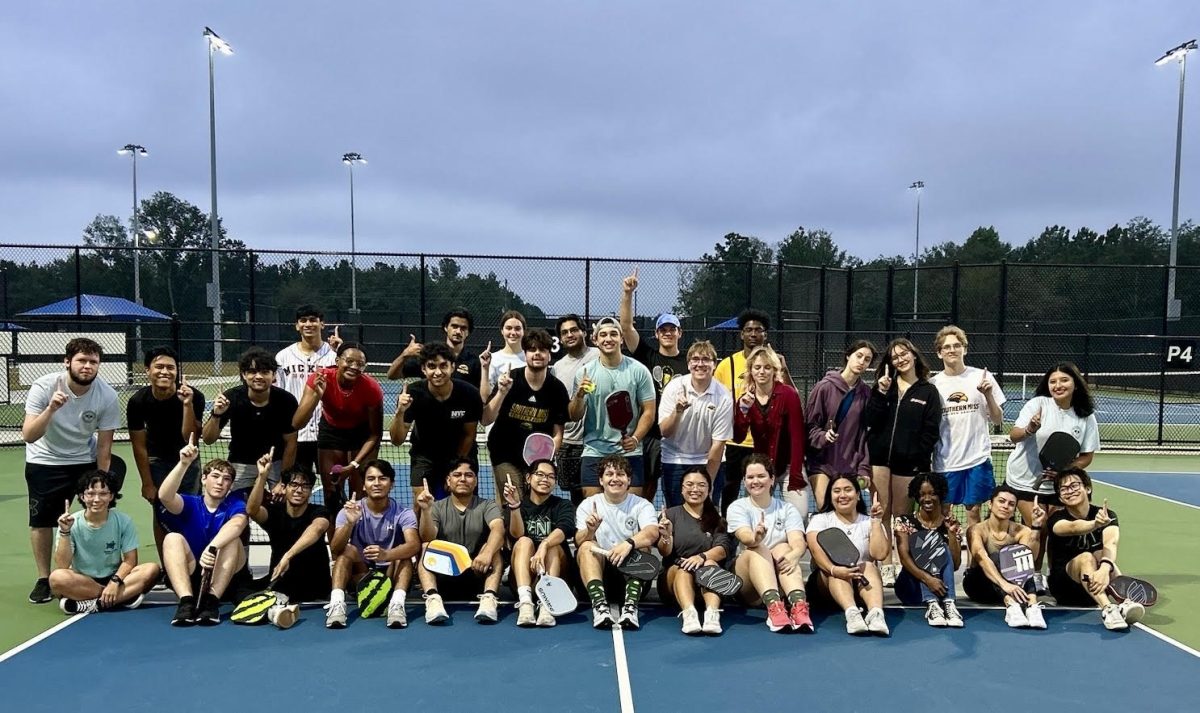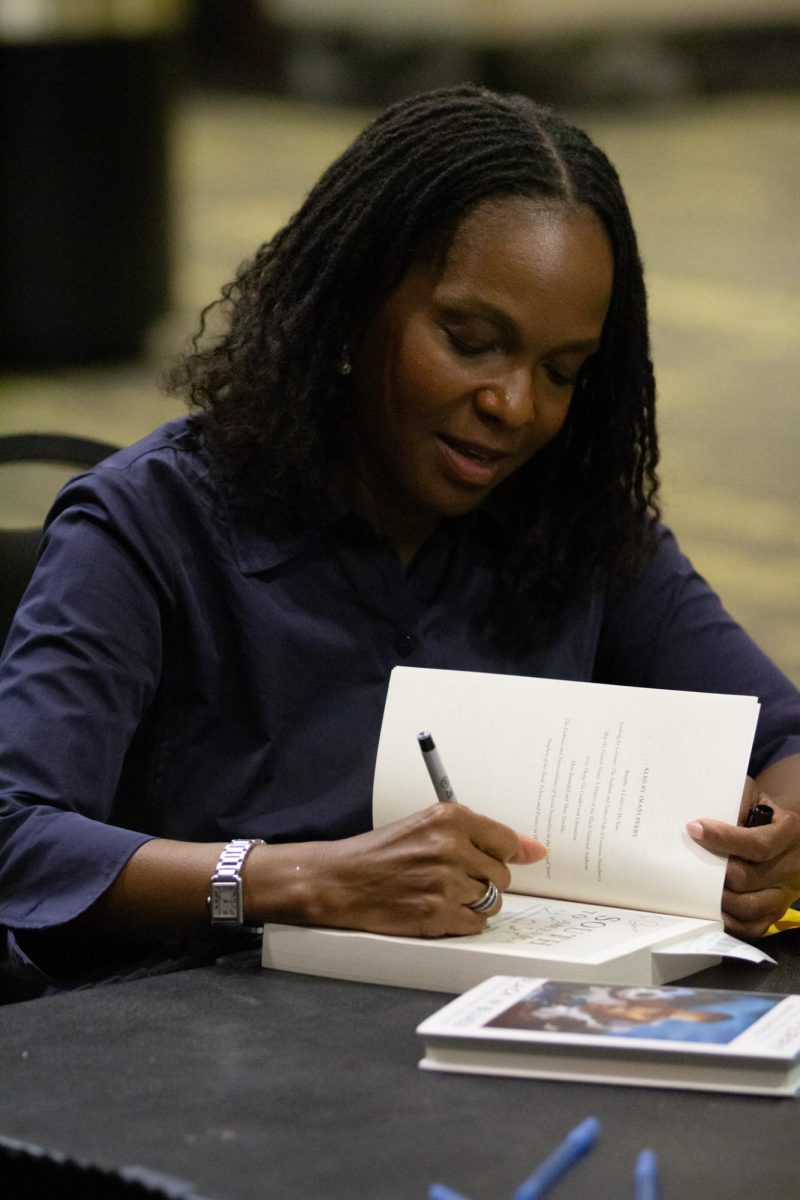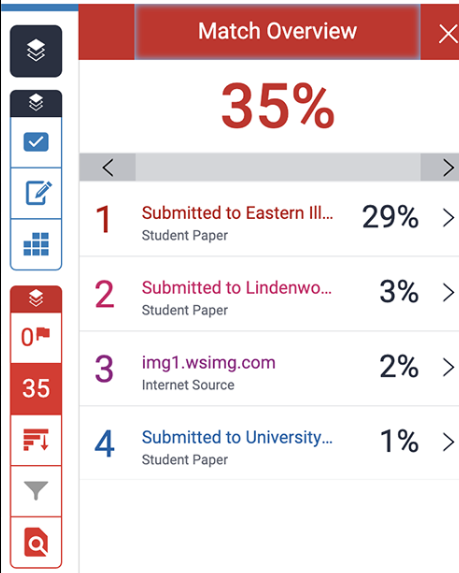Administrators at Southern Miss have yet to implement an official stance about the use of artificial intelligence in campus academics.
“There is not a stance,” said Associate Provost of Faculty Success Dr. Kelly Lester. “AI exists. It has existed for a hundred years or more.”
Instead of a formal all-encompassing stance, Southern Miss leaders are leaving the usage of AI up to individual faculty members and instructors as to how much, or if, AI will be allowed in their courses.
Artificial Intelligence has been a central topic of discussion in academia for the past couple of years because of the increasingly easy access to artificial intelligence chatbots. Those chatbots, like ChatGPT and Gemini, can help students with different academic questions.
“I don’t have a stance about calculators or cellphones,” Lester said. “AI is a tool that exists, and it works differently in different class settings and disciplines.”
According to academic guidelines, every professor is required to state their policy on the use of artificial intelligence in the syllabus.
There are three common stances professors take on the use of AI. The first is “permissible use,” where artificial intelligence can be used for certain assignments or certain parts of assignments. The second is “encouraged use,” where students are encouraged to use artificial intelligence in the class. The third policy option is “prohibited use,” where students are not allowed to use artificial intelligence at all.
The Office of Academic Integrity has an Artificial Intelligence Task Force established to address the use of AI in different fields. The Artificial Intelligence Task Force is made up of professors in different fields of study. Members investigate the appropriate use of AI in different fields of academia.
Dr. James Thomas from the Office of Academic Integrity explained that different fields require different approaches to the use of artificial intelligence. According to Thomas, banning AI is not fair to the fields that need to utilize it for better professional development.
“We never want to get into the business of saying the university is not going to allow it at all because that’s not fair to the faculty and the students that need it for their course,” Thomas said. “It’s not fair to how we prepare people to enter the workplace. And while the workplace isn’t just what college is about, we know that’s a reality of that as well.”
The Office of Academic Affairs is also working with the Center for Student Success to build workshops for students.
Students in different disciplines have expressed mixed feelings about the use of AI. While more creative majors seem to push against the use of AI, students in scientific fields seem to make the most of it. A student majoring in biomedical sciences, Muhammad Shahmir Siddiqui, expressed that while he understood why the faculty would prefer students to not use artificial intelligence, AI has been helpful to him in college.
“I think that using AI in the classrooms is beneficial for the students, but I can also understand why teachers don’t like it,” Siddiqui said. “If you use AI as a student, it simplifies a lot of the mundane tasks like writing the procedures in the lab. I can understand why teachers don’t like it but as a student, it is really beneficial.”
Lester also revealed that the total cases for AI generation of texts detected in TurnItIn doubled last semester. She assured that it does not mean that cheating has doubled and that false positives are sometimes seen in TurnItIn. The incorrect citation of the use of AI has also led to accidental plagiarism for some students.
Last month, Dr. Edward Watson, the author of Teaching with AI, spoke to USM faculty about what jobs look like now with the wide prevalence of AI. He also shared some strategies for faculty on how to best use AI in classrooms.
USM cautious with taking AI stance
0
Donate to SM2
Your donation will support the student journalists of University of Southern Mississipi. Your contribution will allow us to purchase equipment and cover our annual website hosting costs.
More to Discover

































